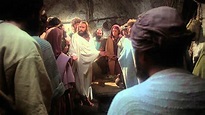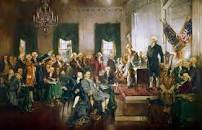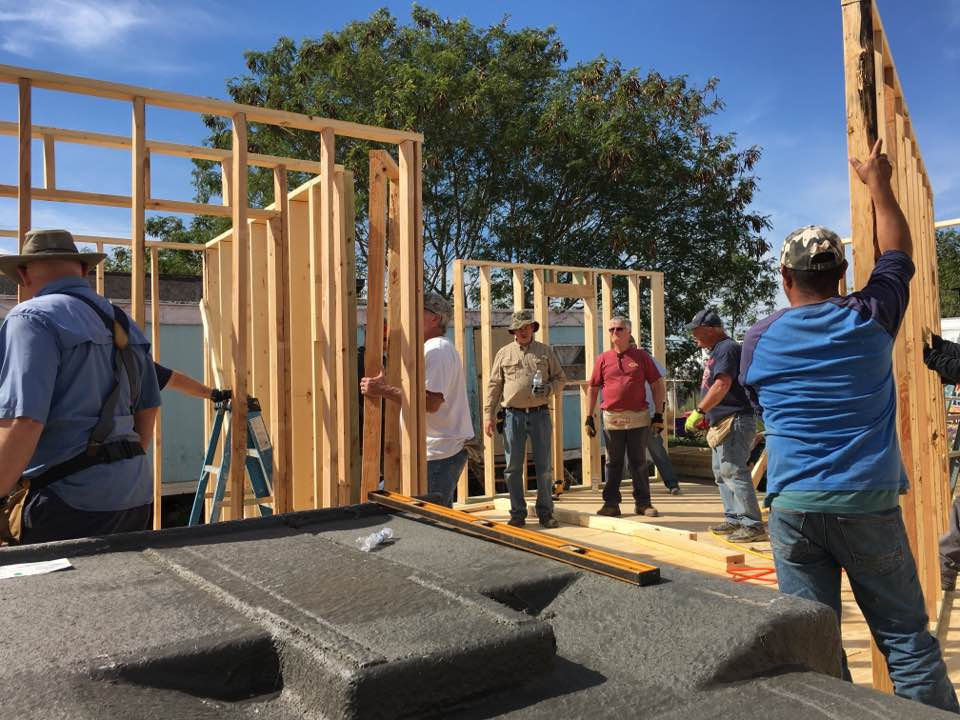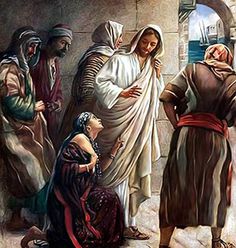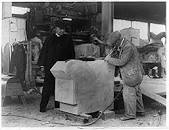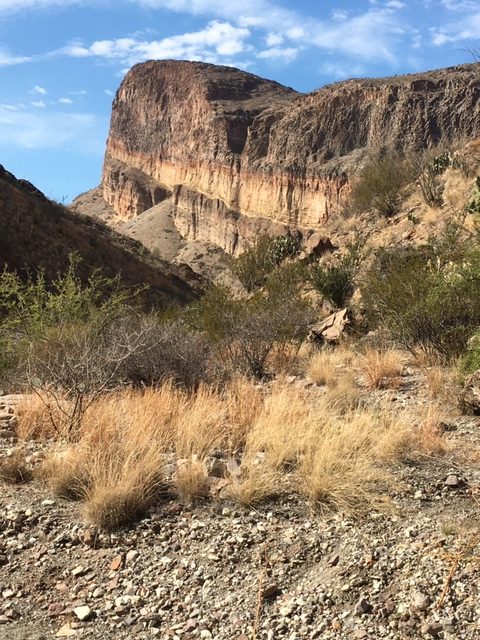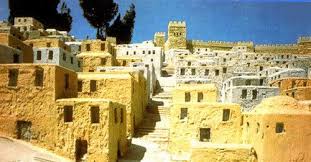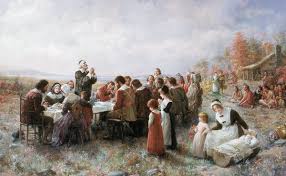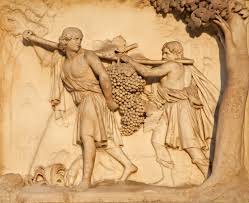Background Passage: John 20:19-21
Easter lies just around the corner. I began this week reading the extraordinary verses about Jesus’ journey to the cross, his death and his resurrection. The meaning of this time of year goes straight to the heart. I found something new as I read about the days between the cross and the resurrection. A word that has a message for us in this most unusual time of life…the season of uncertainty.
As we’ve moved from a period of self-quarantine to mandatory stay at home, we have seen the Covid-19 virus continue to spread across the country and across the world. The number of cases rise every day. The situation leaves us…
…uncertain
…isolated
…troubled.
…no longer in control of our circumstances.
Everything that is routine in our world has been turned sideways and upside down. Such disruption impacts each of us differently, depending on our personalities and our life situations. We know one thing for sure. Nothing is normal.
Those of us who profess faith in God know in our hearts that he is still in control. That while our lives have been temporarily and, in some cases, tragically changed, God has not changed one iota…the same, yesterday, today and tomorrow.
We have spent the last several weeks trying to figure out how to response and live faithfully amid this pandemic. Join me in the upper room. There are lessons in its shadows.
Jesus followers found their life irrevocably changed after they laid Jesus in the tomb. Everything that was routine in their world was turned sideways and upside down. Some of them claimed they had seen the risen Lord, scarcely believing their own eyes. The others dared not hope.
They heard rumors that the Jewish authorities were preparing to arrest any follower of the man they had crucified. So, they locked the doors. Shuttered the windows and rarely ventured outside the walls of the upper room.
The situation left them…
…uncertain.
…isolated.
…troubled.
…no longer in control of their circumstances.
What we know from scripture is that nothing that was happening was normal.
“On the evening of the first day of the week, when the disciples were together, with the doors locked for fear of the Jews…”
Does it sound familiar? In the days following Jesus’ death most of the disciples found themselves in self-quarantine, huddled together in the upper room with a few other faithful followers of Christ. It was not a comfortable time for any of them.
I find my first lesson in this description, “…when the disciples were together…” They were able to quarantine together, locked away in the upper room…but, they were together. They found some comfort in contact with each other.
Certainly, the same applies to us. While we’re isolated in our homes, physically separated from friends and family, we have the great luxury of technology that keeps us connected…that allows us to stay in touch with one another. Telephone calls. Cards. Social media posts, Facebook messaging. Text messages. Facetime.
The point is there are many ways to reach out to friends and family other than through work, play, social gatherings or church. We can sit back and fret over our lack of touch or we can connect differently. No person within our community should go without some contact on any given day. Think about those who are truly alone. Make that a priority in your life to find ways to “be together.”
“…Jesus came and stood among them and said, ‘Peace be with you’…”
Jesus appeared to the disciples because they needed to see him. They needed to feel his presence. They needed the peace that only he could give them. Imagine how calming those words were when uttered by their Messiah.
It should come as no surprise to us that Jesus, through his Holy Spirit, stands in our midst during our most trying times. How easy it is for us to forget this central truth of the Bible. God is with us. His presence brings peace in the middle of any storm…or pandemic.
“After he said this, he showed them his hands and side. The disciples were overjoyed when they saw the Lord.”
Peace brings joy. When Jesus came into their midst, a sense of calm came over them. In that moment, sorrow and uncertainty became pure, unadulterated joy. When they were in the presence of their Lord, their worries disappeared.
It’s hard to imagine in today’s circumstances that we can find joy. We find joy in the presence of the Lord. We bask in the inner contentment knowing that we belong to him.
“Again Jesus said, ‘…As the Father has sent me, I am sending you.”
Jesus did not want the disciples to let fear overwhelm them. He knew they could not stay locked away in the upper room forever. He needed them to do the things he called them to do. They had a purpose and he needed them to get on with it.
I know this take away from John is not what was intended. It is a message that reminds us that we serve a resurrected and living savior who died as an atonement for sin for all who put their faith and trust in him. That’s the gospel…the good news…of Jesus Christ.
I also know that the Holy Spirit can bring a secondary application to even the most straightforward of passages.
Being sequestered in our homes for a time undetermined does not mean our ministry ends. I suppose it might even open doors we might never have seen. Jesus stands with us, offer his peace and tells us he is sending us still to do his work.
I don’t know where or how God will use me and you during our unusual season, but I know he is sending us to bring a sense of certainty to the uncertain…to be a point of connection to the isolated…to offer a virtual hug and a word of comfort to the troubled.
God calls us to remind those who feel they have lost control of their lives that God is still on his throne…that he remains in control and will continue to work through us to bring good from the bad that threatens us.
And to that I say, “Amen.”
*****
Author’s Note: When we can do little else, we can pray for the strength and safety of the health care workers and all those who continue to work those jobs that provide needed and necessary services to the rest of us. Pray for those who have lost loved ones and for those who are sick. Pray for the families who cannot visit a loved one who is in the hospital. That time of separation makes everyone anxious. Pray for wise decisions and solutions to resolve and lessen the impact of the coronavirus and the economic burden it brings. Pray for anyone you know who lives alone. Pray that God’s church emerges on the other side of this with a renewed enthusiasm for being the heart, hands and feet of God in our world.
Reach out through any means available to you to stay in contact with one another. Love one another.
